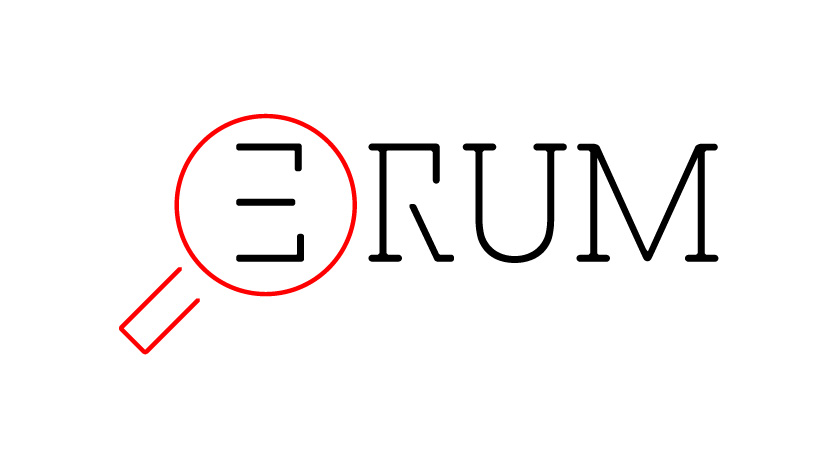We are living in times of deep uncertainties and are facing an unprecedented convergence of threats and multiple crises due to the coronavirus outbreak. The pandemic has triggered and accelerated dissemination of disinformation, conspiracy theories, “alternative facts”, and different information disorders. To deal with new realities, contexts and controversies, media and information literacy competences, as well as new educational interventions and evidence-based policy recommendations are highly needed.
The guidelines for evidence-based communication are one of ERUM’s milestones, which will support students, journalists and researchers in the development of their science communication competences and will allow them to reflect on the role of the media in communicating science and research to a non-scientific audience. The guidelines build upon the previous research experience by the ERUM project team, addressing controversial issues and their discourses in the news media. To highlight good practices in science journalism, we are currently conducting a survey amongst journalists and media professionals that will be completed by the end of November.
At this transformative moment, when democratic values and our pluralist societies are at stake, more than ever we need to reflect on the fundamental changes to get a better understanding of their implications on media and societal development as a whole. More than ever consolidation of efforts and the engagement of the academic community with society and media professionals are necessary to provide with informed measures and solutions and to share these with policy makers, journalists and civil society. In this respect, ongoing action and international collaboration between researchers, educators and the media sector, as it is fostered within ERUM, is very promising and needed!
The survey for journalists and media professionals is available online through the following link: https://forms.gle/VpHMLmBbQuyP4imDA IO2 principal investigator is Prof. Kristina Juraite at Vytautas Magnus University, Lithuania (Kristina.juraite@vdu.lt).

